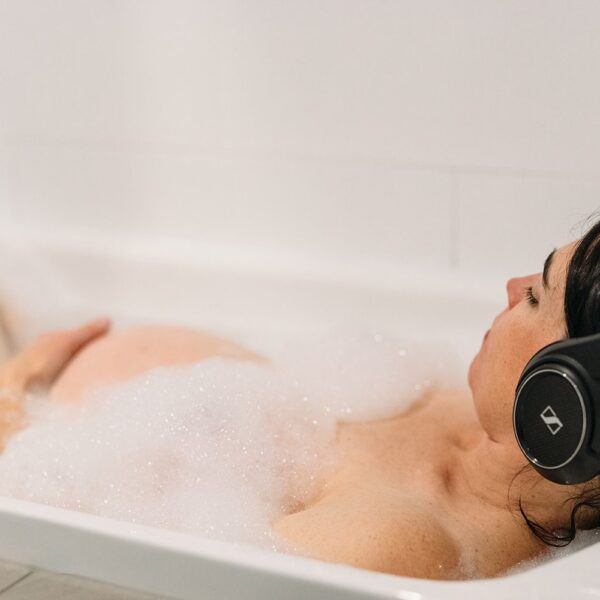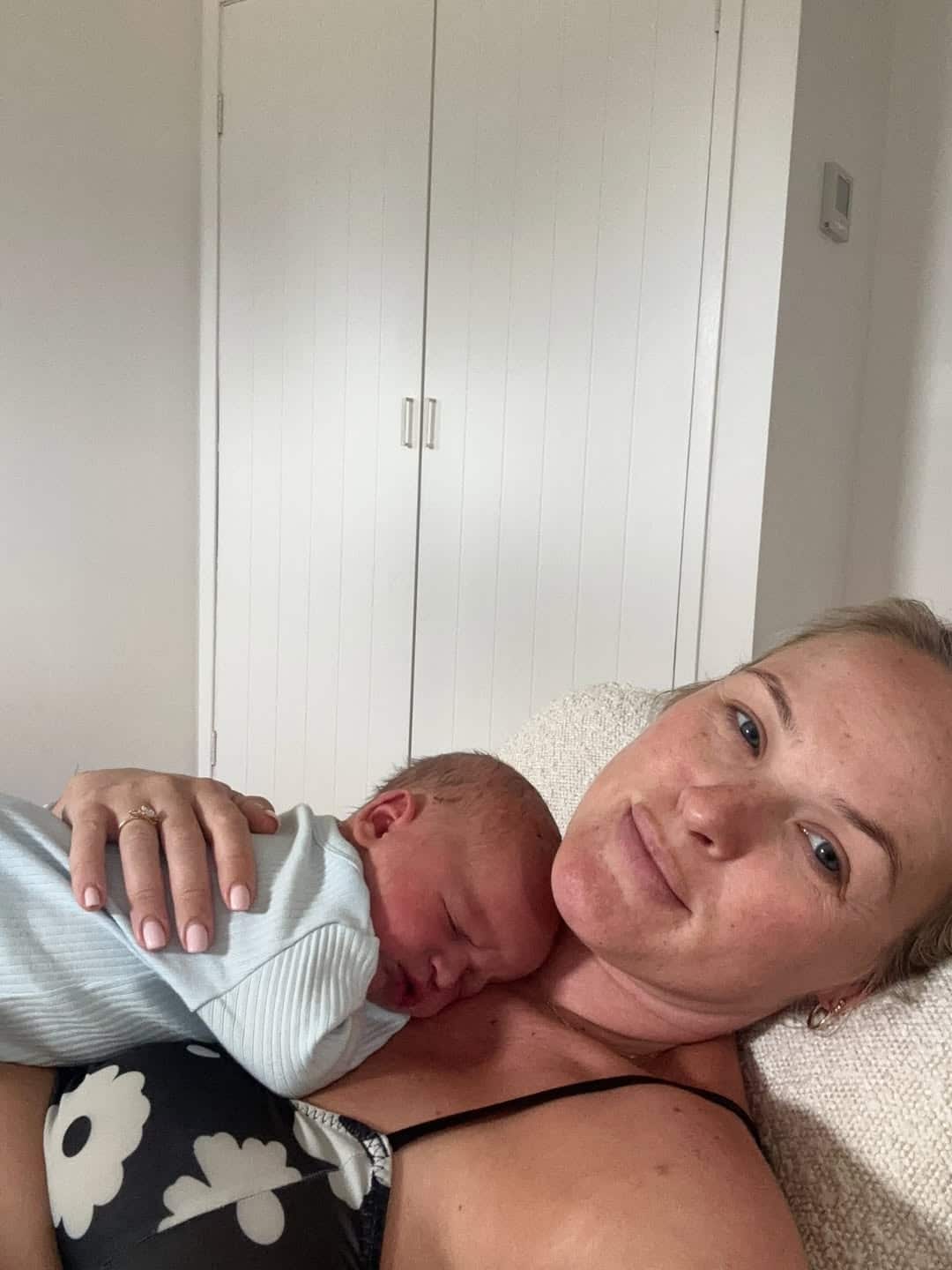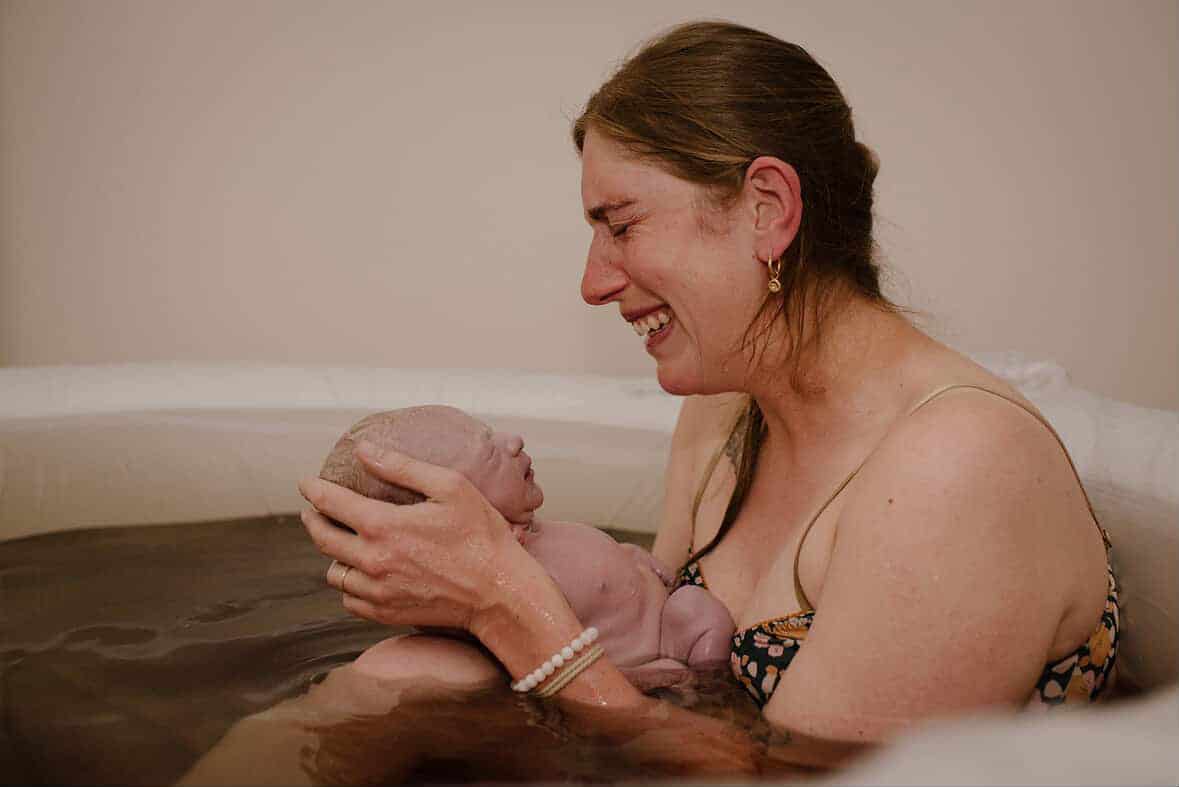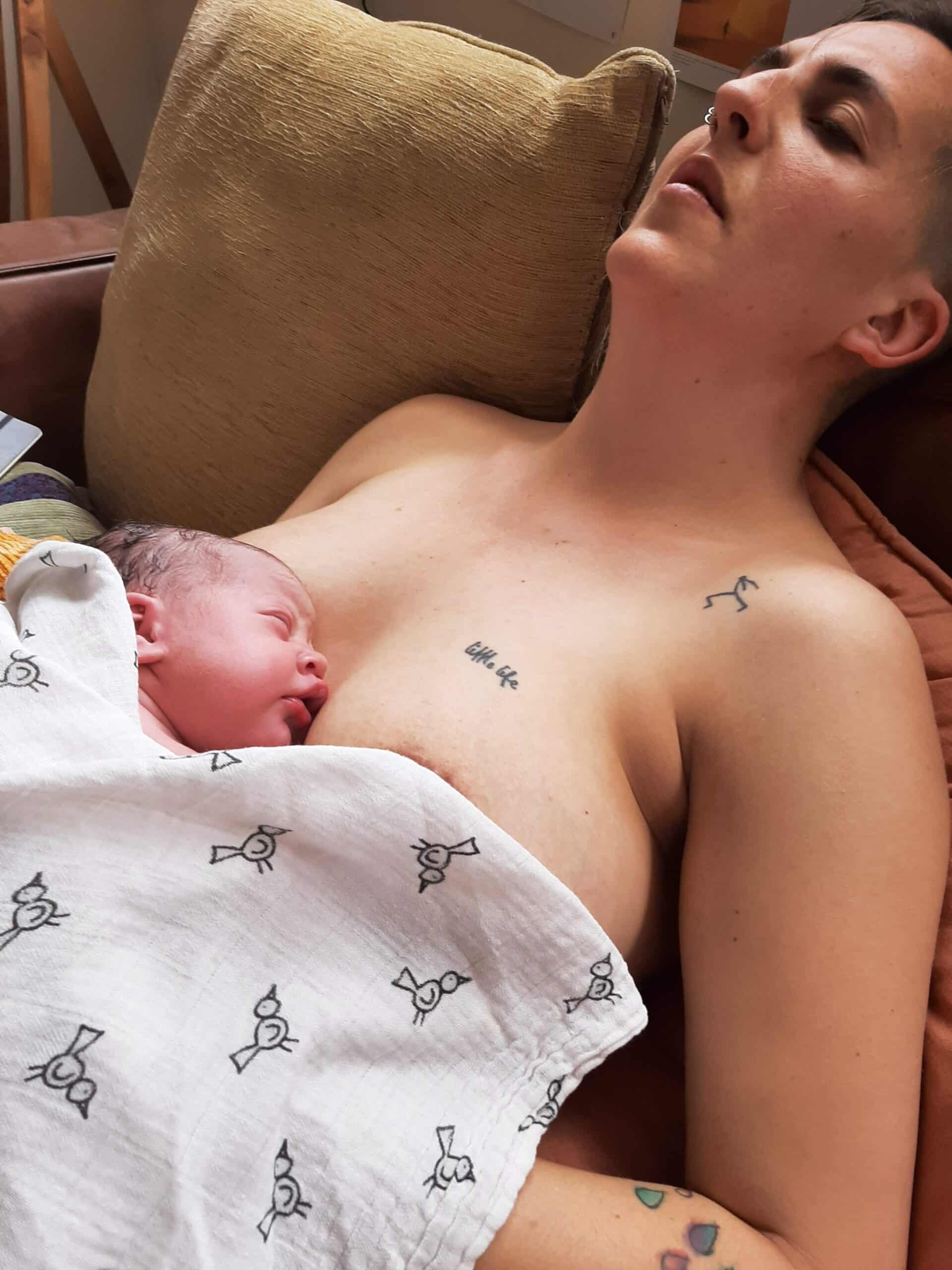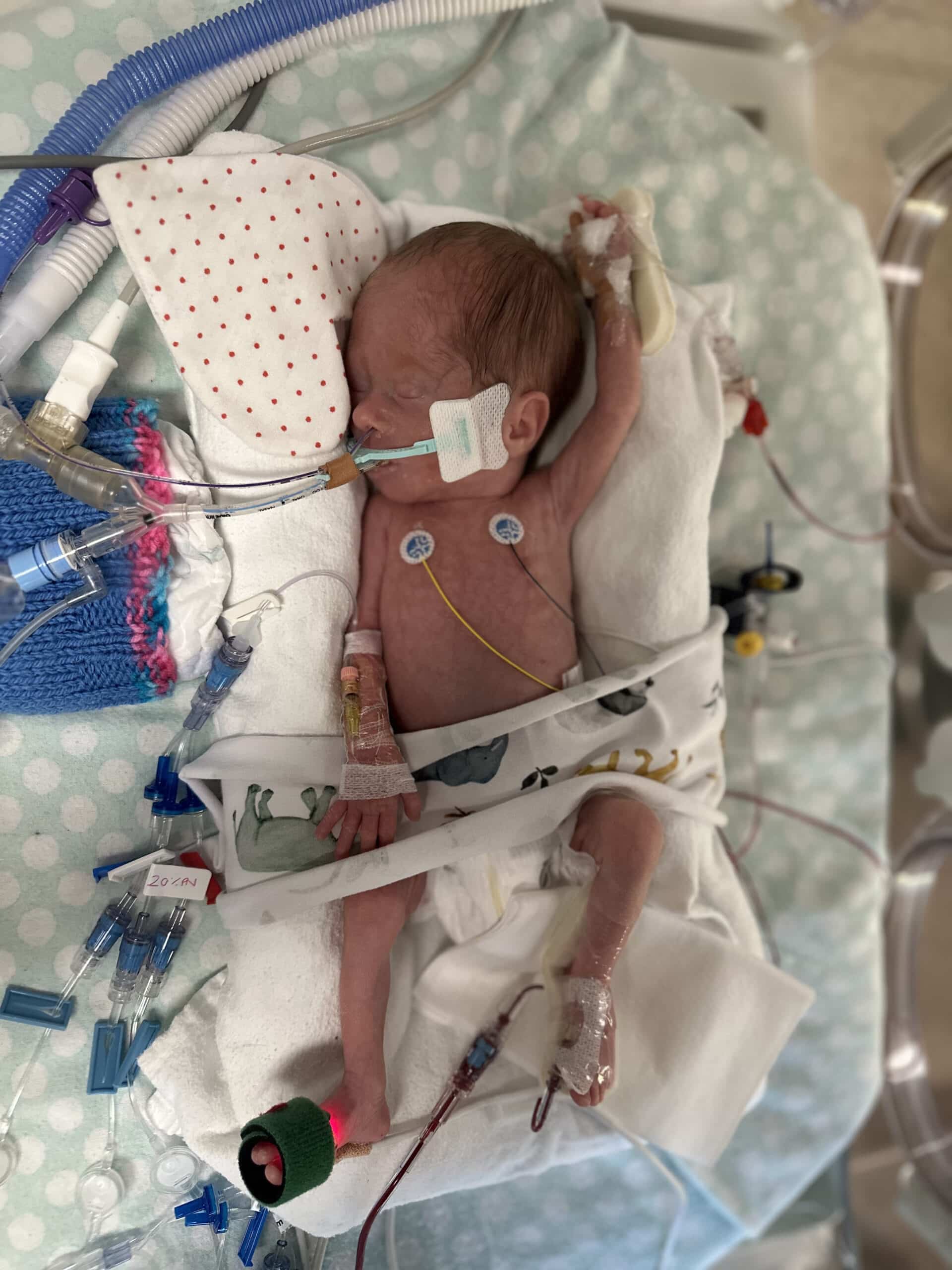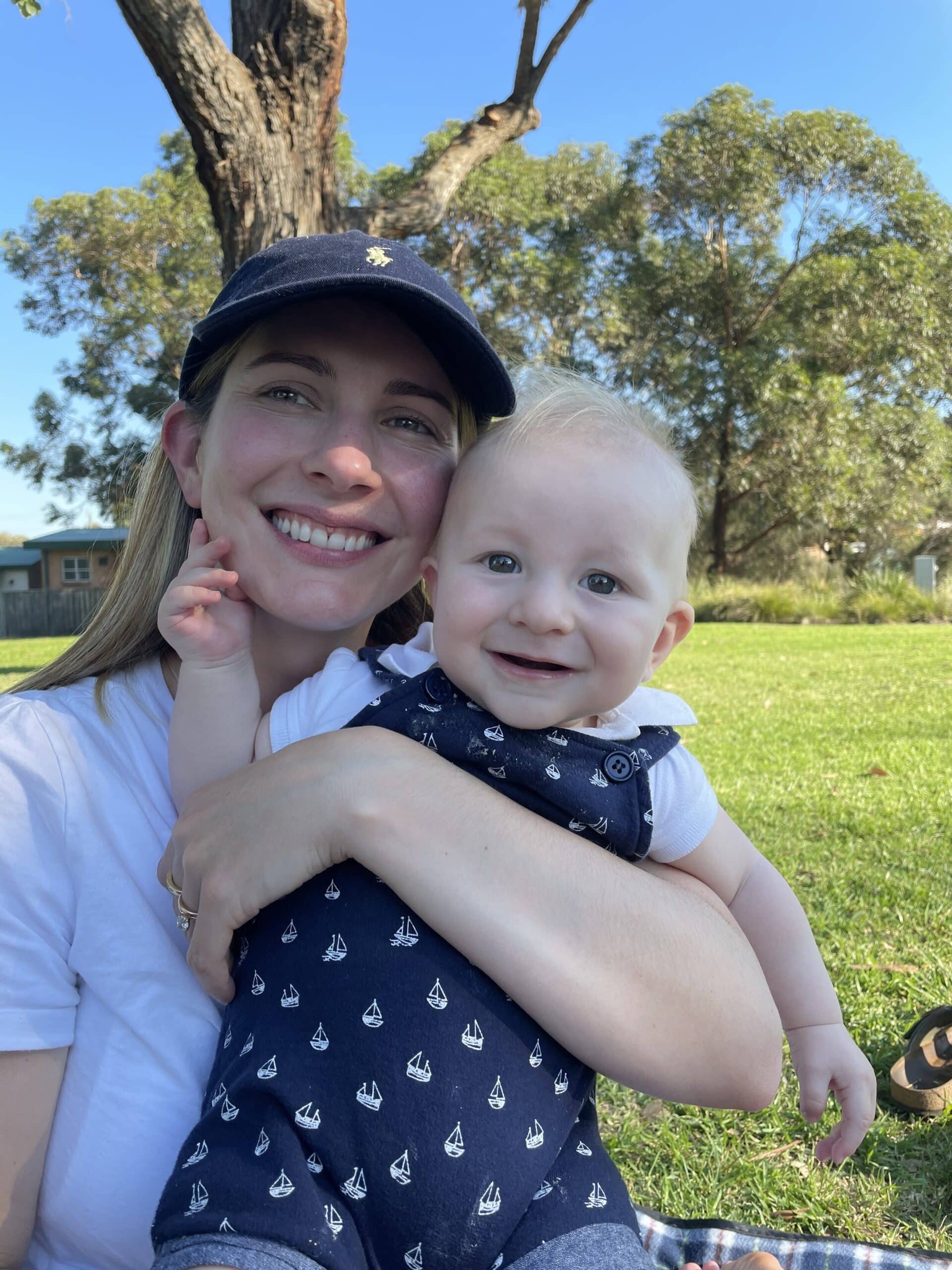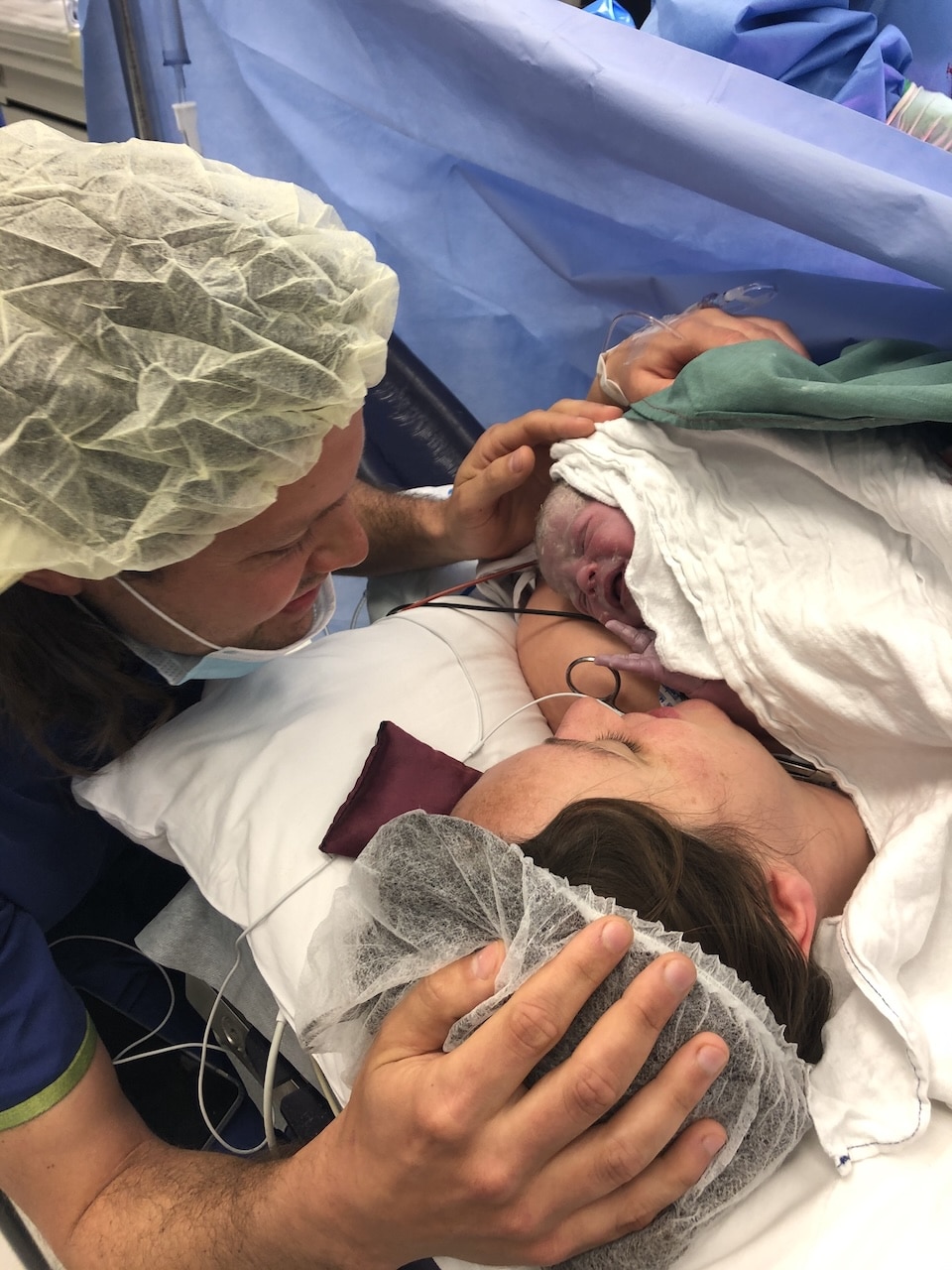Podcasts Maha Corbett
EPISODE 218
Maha Corbett
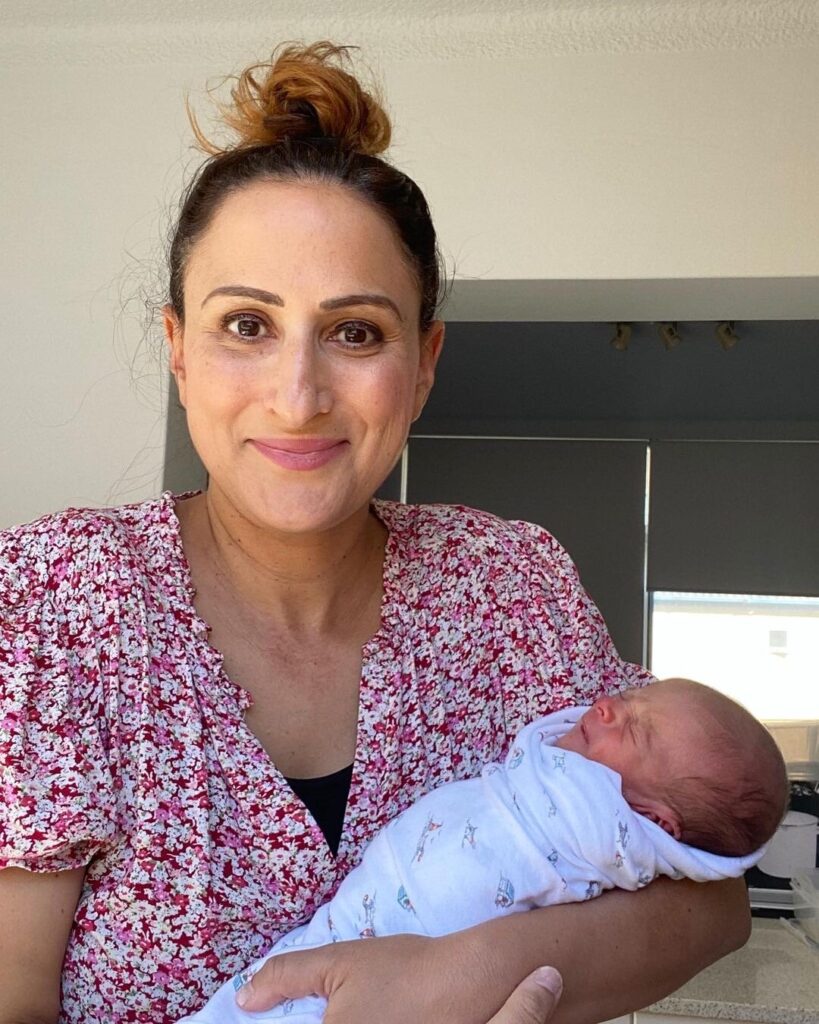
Maha spent her 20s and early-30s focussed on career and travel; she admits that she almost forgot to consider children and a family.
“I got to my mid 30s and thought oh, hold on! After my youngest niece was born I was 38 and single and I decided to freeze my eggs; there was a lot of emotion attached to the decision, in a way I was acknowledging that I was in my late 30s, I was single and didn’t have a family and that naturally led me to feeling like I’d failed in a way. Years before I was diagnosed with PCOS so I knew that there was an added compilation but going through the egg feeding process prompted me to learn more about PCOS and I started to see my decision as a proactive step rather than one borne of failure.”
While she managed to freeze a good number of eggs, the doctor was honest with her; just because they looked good didn’t mean they would react well to being defrosted, inseminated or implanted. There were still many unknowns.
“When you’re single, egg freezing isn’t covered by medicare or a health fund, but I wish it was something that was more spoken about; if I had of known more about it or be more empowered to find out about it when I was younger, I would have frozen them earlier.”
A year after having her eggs frozen she placed her name on the donor programme with her local IVF clinic. However, weeks later she reconnected with a long-term friend, Matthew. They fell in love, got engaged and started to try for a baby. Years passed without any luck so they started to explore their options with IVF. They tried three rounds of monitored ovulation then three rounds with letrozole (a new version of clomid) which made her extremely hormonal with severe mood swings. On her seventh round she was overstimulated and in incredible pain through the retrieval process. Despite the complications, they managed to retrieve 26 eggs yet the experience left Maha on bedrest for two weeks. It was around this time that the IVF clinics closed down in response to Covid and Maha navigated even more unknowns. She chose to focus on her health and wellbeing by eating well, exercising regularly and going to bed early each night.
Once the clinic reopened they prioritised Maha because of her age. 26 eggs from her last cycle were inseminated as well as six of her frozen eggs. Maha was overwhelmed by the success.
“I felt so fortunate because I know so many who couldn’t get eggs or have them inseminated. We had 14 in the end that made it to day 5 and we sent them off for genetic testing, 6 came back suitable for implant; 3 of them were the frozen ones and 3 were fresh eggs. I thought that was fascinating because ultimately the difference of three years did make a difference. It made me realise that the earlier you retrieve your eggs the more successful they are.
“I fell pregnant on the first cycle; it was egg number 17 that looked the best and Matthew’s parents called us to tell us that there were currently 16 people in our family; the baby would be number 17. It was a beautiful sign.
“I remember when the clinic called – nothing about it is an easy process so you don’t expect it to be easy – but she told me I was pregnant. I couldn’t believe it. That first trimester you’re just counting down the weeks so you can breathe a sigh of relief when you reach 12 weeks. I’m sure that’s the same for most women.”
Maha opted to go with a private Obstetrician and trusted in his care considering her experience and her age. Between 18-24 weeks he discovered that the placenta wasn’t perfect; it was shaped differently (most are shaped round and thin like a pizza base, Maha’s was short and fat like a cupcake). Because it didn’t have as big a surface area for nutrients to be picked up, it was affecting her baby’s growth.
“He was 50th percentile and then he started to drop back to the 10th and that was when he said that he wasn’t getting enough nutrients through the placenta. I was quite upset at the time, you start wondering if it’s your fault, that i was to blame, maybe I should have been fitter…but he said it just happens, every pregnancy is different and every placenta is different. It was around this time that he started to mention the possibility of delivering as early as 28 weeks but as time went on that was pushed back as Joshua was maintaining weight in a certain range.
“I went to see a naturopath and I told her the situation and she looked at my diet and realised I didn’t have enough protein for pregnancy; she suggested a gram of protein for every kilogram for my body; it really helped me change my eating so I was maximising the food and nutrients that would help him grow.”
Maha’s blood pressure started to creep up yet despite two tests for pre-eclampsia, there was no reason for its increase. A cesarean was scheduled for January 4th considering his size and Maha’s placental complications. However, on Boxing Day 2020, she started to experience chest pains and her blood pressure was increasing every time she monitored it. She called the hospital and they encouraged her to go in immediately for a check-up.
“We got there, they took my blood pressure and the midwife calmly said to me: Maha, I’m just letting you know that we need to have this baby now. She was pretty sure it was pre-eclampsia and warned me that within a minute the room will fill up with doctors and nurses. She was very reassuring and told me that Joshua was fine. It happened so quickly as they were worried about me. Within minutes it was confirmed that I had severe pre-eclampsia.”
Regardless of everything, she felt really, really calm and within minutes of having an epidural, the team put baby Joshua on her chest before she was wheeled around to intensive care where she stayed for 24hours before moving to the maternity ward. Joshua spent 2 weeks in special care before returning home with Maha and Mathew. Breastfeeding has been challenging because of his early arrival and low birthweight but Maha is persisting with supplement feeds and a nipple shield.
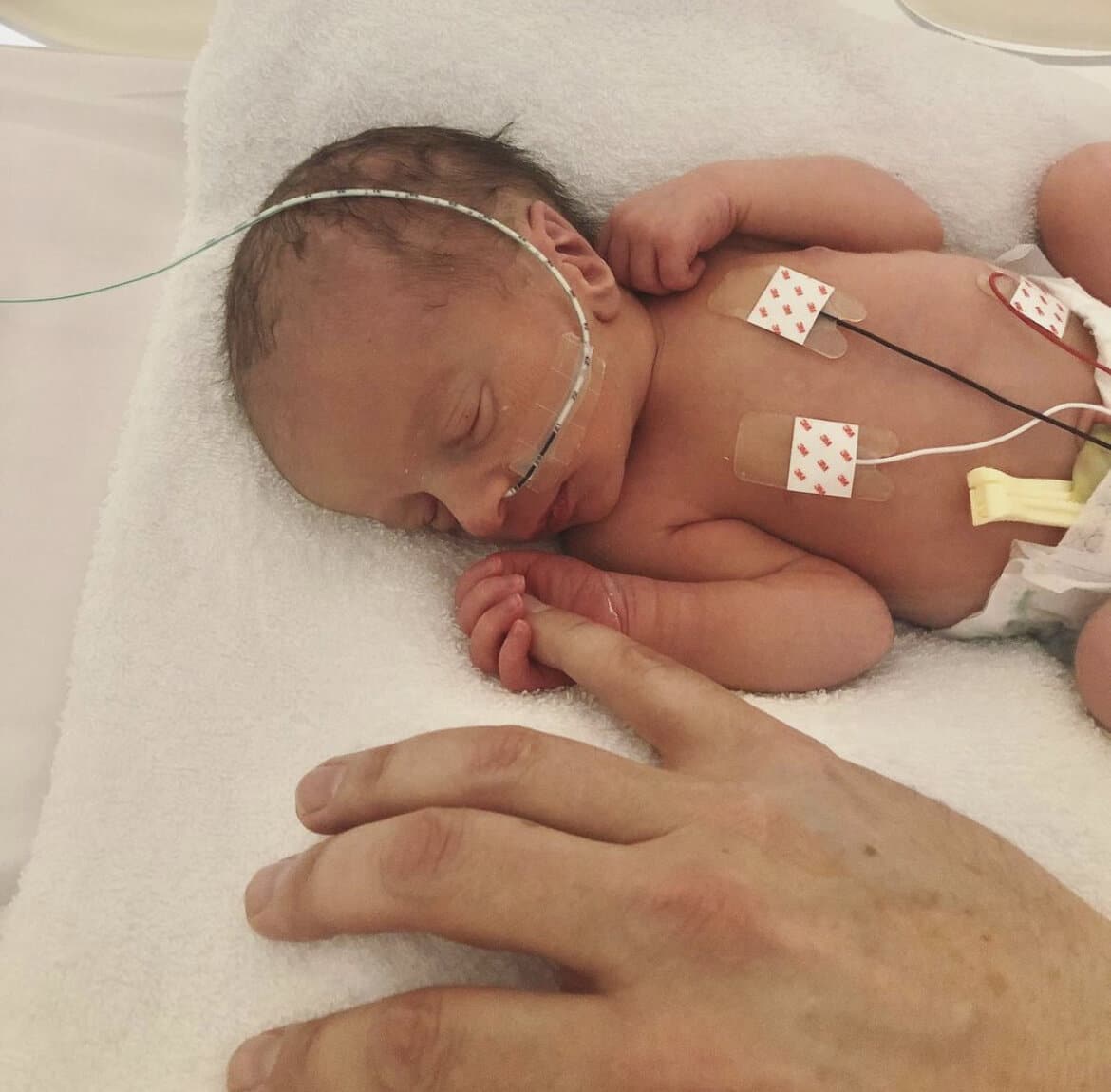

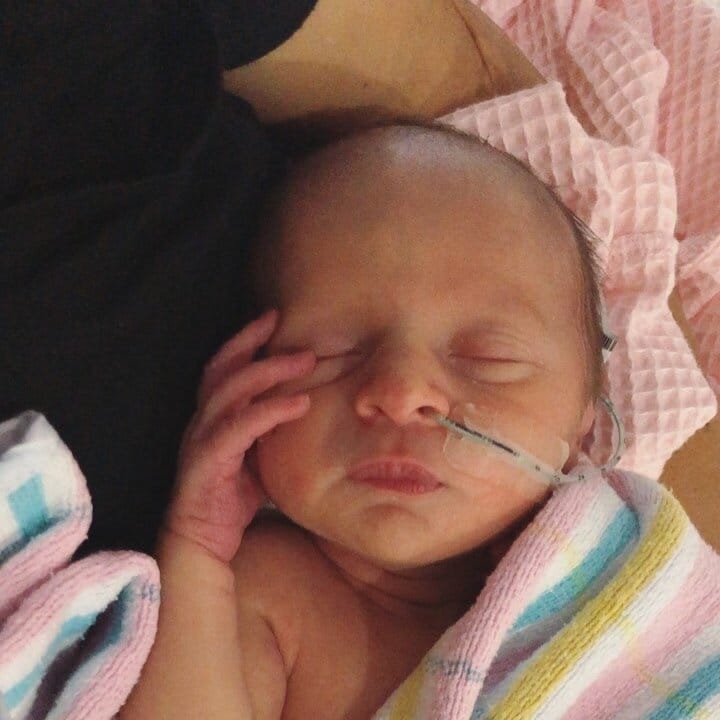
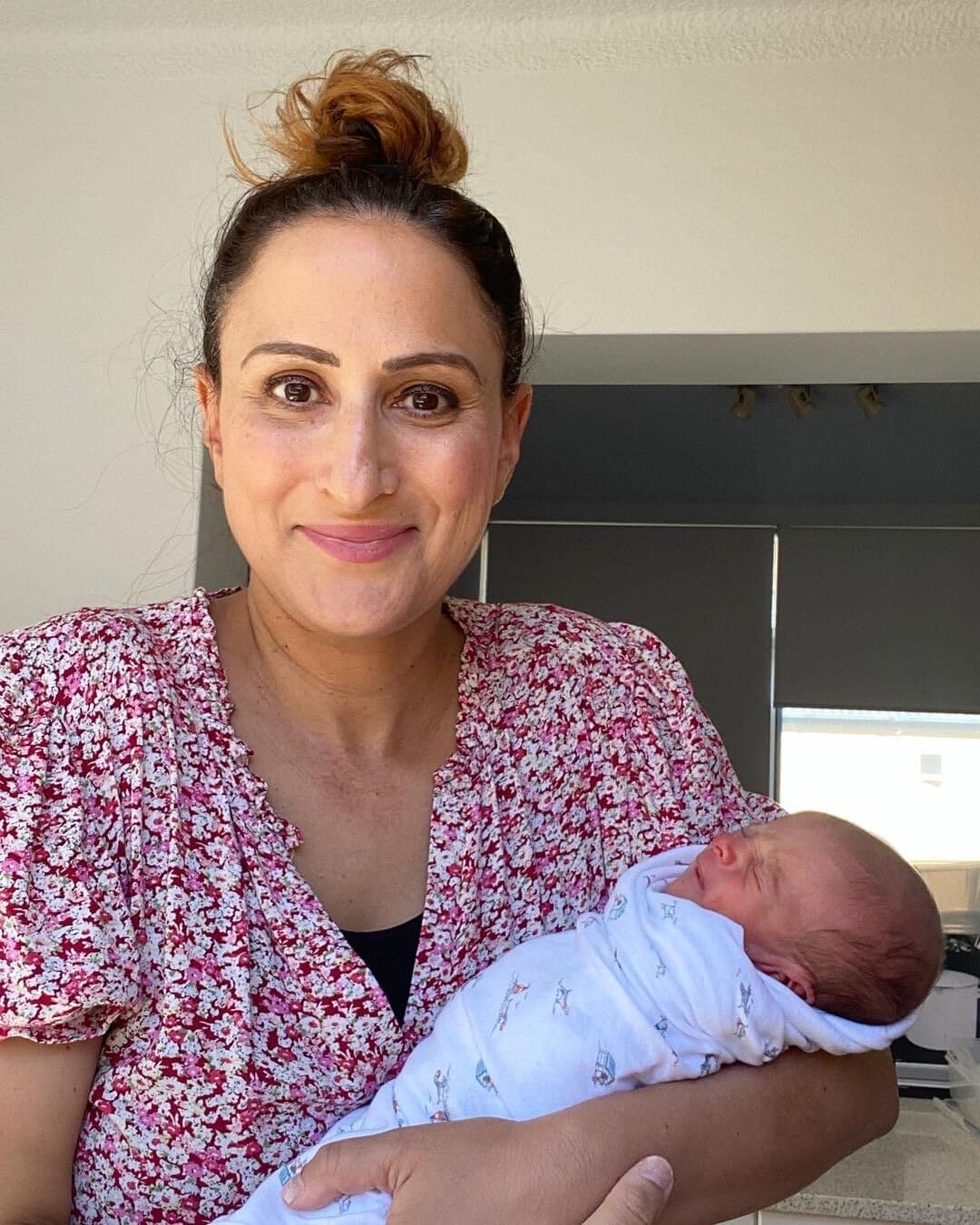

Topics Discussed
Egg freezing, IUGR, IVF, Over 40, Overstimulation, Pre-eclampsia
Episode Sponsor
Today’s episode is brought to you by BodyICE Woman. BodyICE Woman was created by Olympic Champ and mum of two Lydia Lassila after the birth of her first son in 2011. She realised very quickly from her own experience, a desperate need for ice and heat packs that would help women recover post childbirth and support them throughout breastfeeding.
The range includes a Perineum Strip and Breast Pads that can be used as ice or heat packs. When frozen, the perineum strip provides cooling relief to the perineal area which may be irritated, swollen and tender from childbirth. You can also use it to treat Symphysis Pubis Dysfunction (SPD) and haemorrhoids. When heated, the perineum strip can be used during the 2nd stage of labour to soften the perineum and help reduce the occurrence of perineal trauma.
The BodyICE Woman Breast Pads, are designed to fit comfortably inside the bra and around nipples to provide cooling or warming relief from soreness associated with breastfeeding, blocked milk ducts and engorgement. The breast pads also conform around the breast pump and when heated, can help ease the flow of milk and blocked milk ducts.
Made from soft medical grade materials and non-toxic gel beads, the packs remain flexible when frozen or heated, are portable and reusable. They also come with washable sleeves that fit around each pack should you choose to use them. BodyICE Woman is available at bodyice.com, as well as many online and retail stores globally. Follow BodyICE Woman on Instagram for lots of great resources and tips: @bodyicewoman
You can enjoy 30% off BodyICE Woman with the code: AUSBIRTH30
Categories
Related Products
-
Birth Meditations
$49.00Narrated by Sophie Walker, these soothing and informative meditations help you feel supported and confident around birth.
Join the conversation
Sign up to get the latest updates, freebies, podcast releases straight into your inbox
@AustralianBirthStories
Follow along with us
@AustralianBirthStories
Follow along with us
@AustralianBirthStories
Follow along with us
@AustralianBirthStories
Follow along with us
@AustralianBirthStories
Follow along with us
@AustralianBirthStories
Follow along with us
@AustralianBirthStories
Follow along with us
@AustralianBirthStories
Follow along with us
@AustralianBirthStories
Follow along with us
@AustralianBirthStories
Follow along with us
@AustralianBirthStories
Follow along with us
@AustralianBirthStories
Follow along with us
